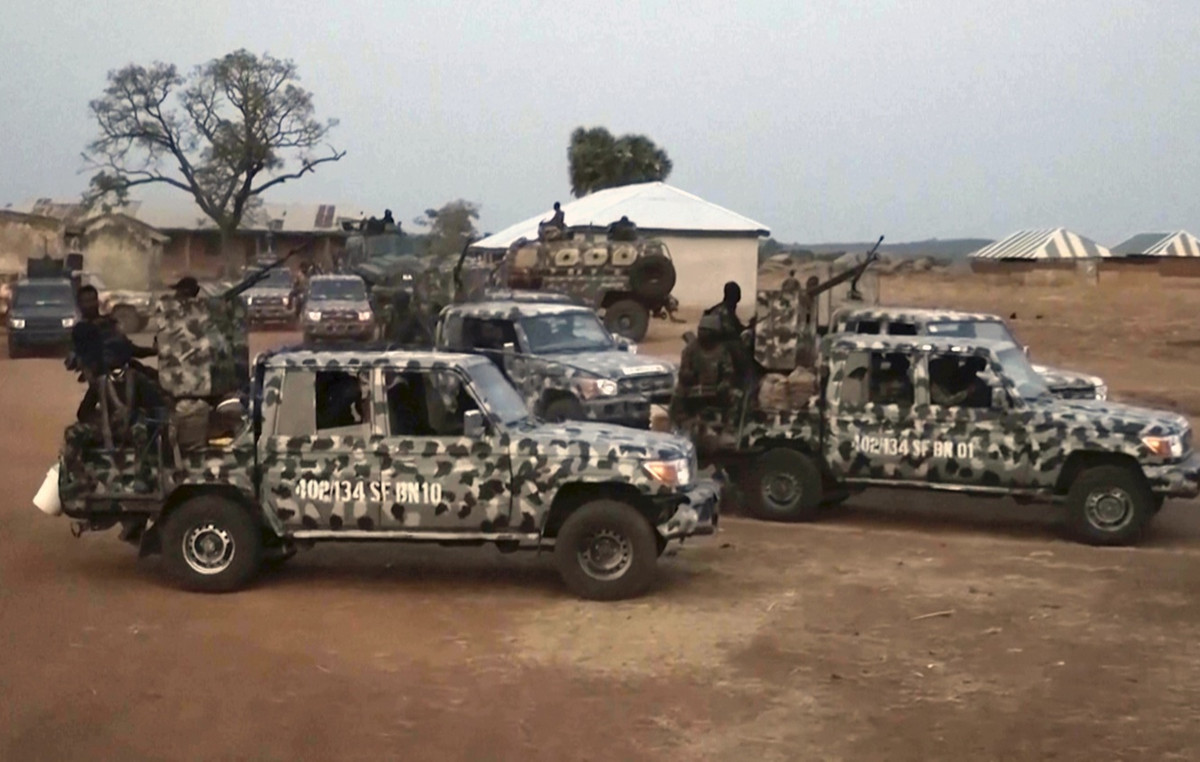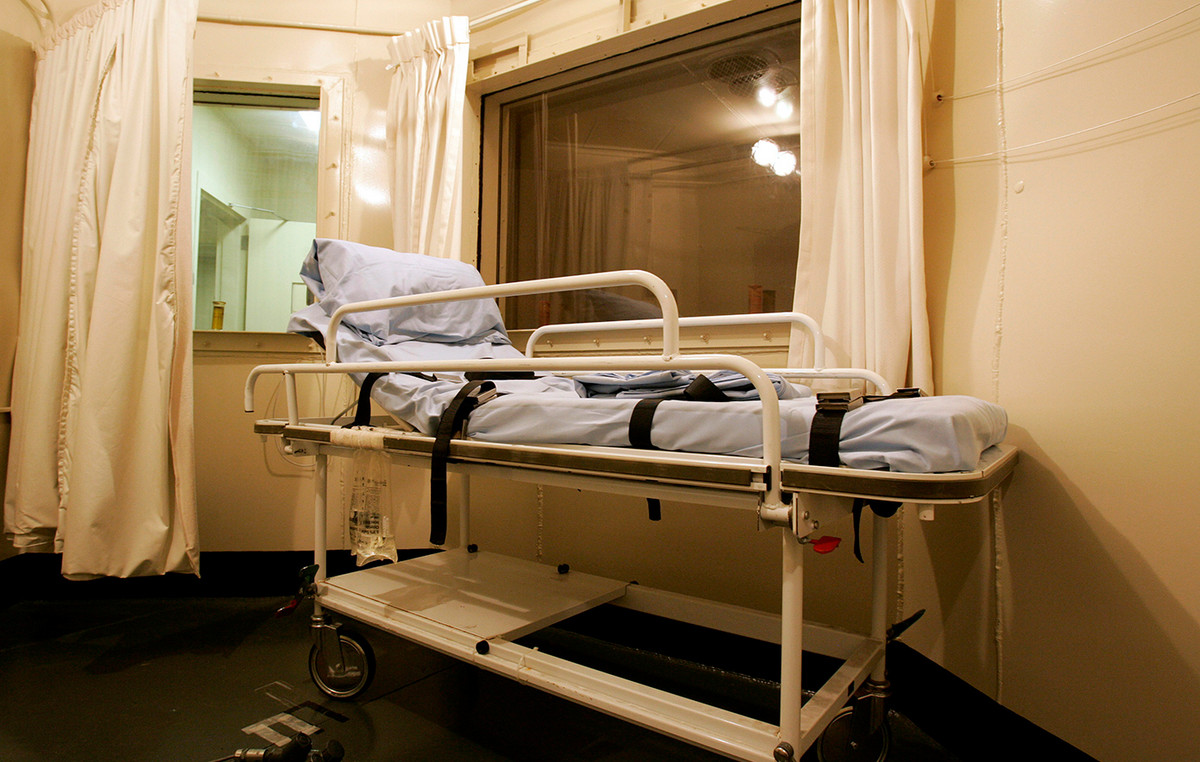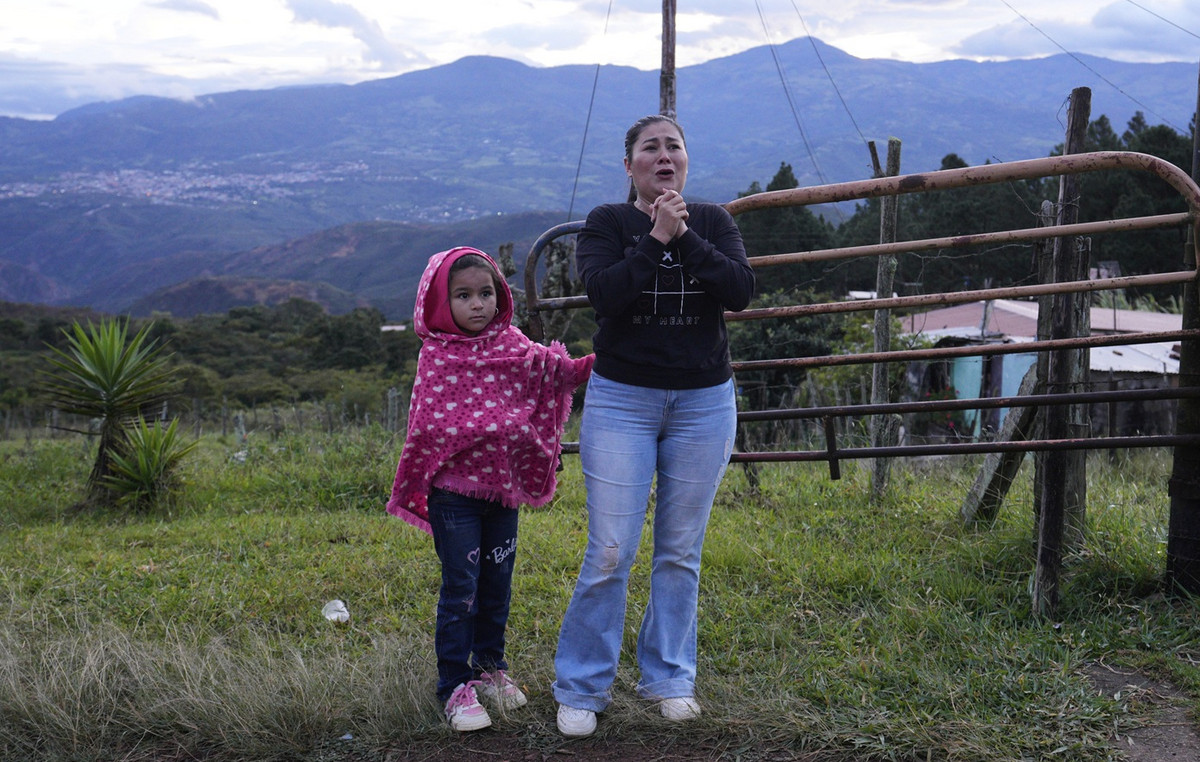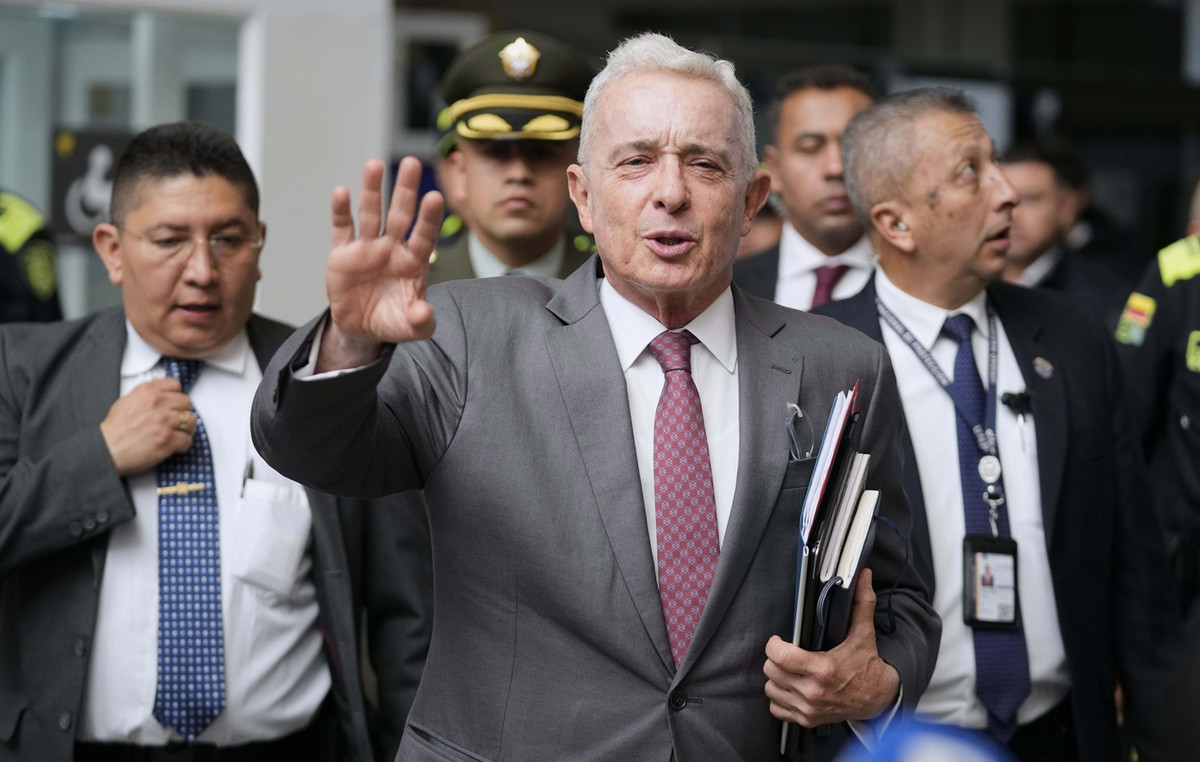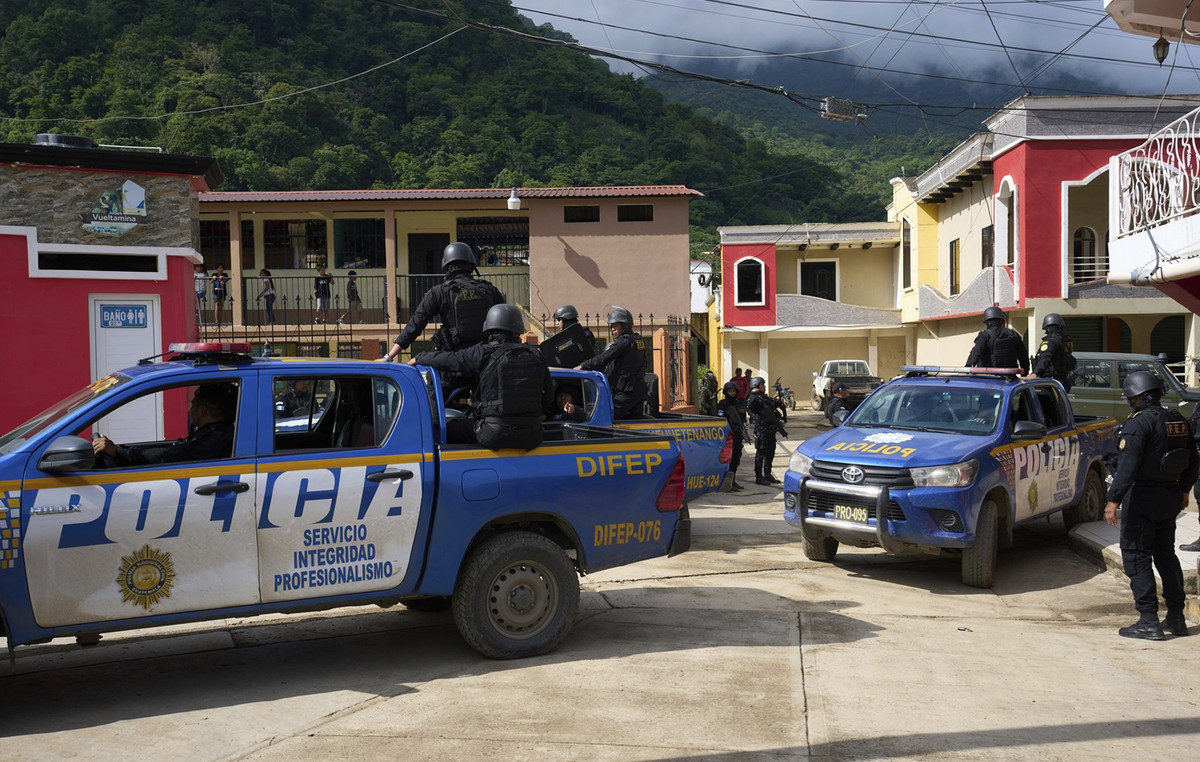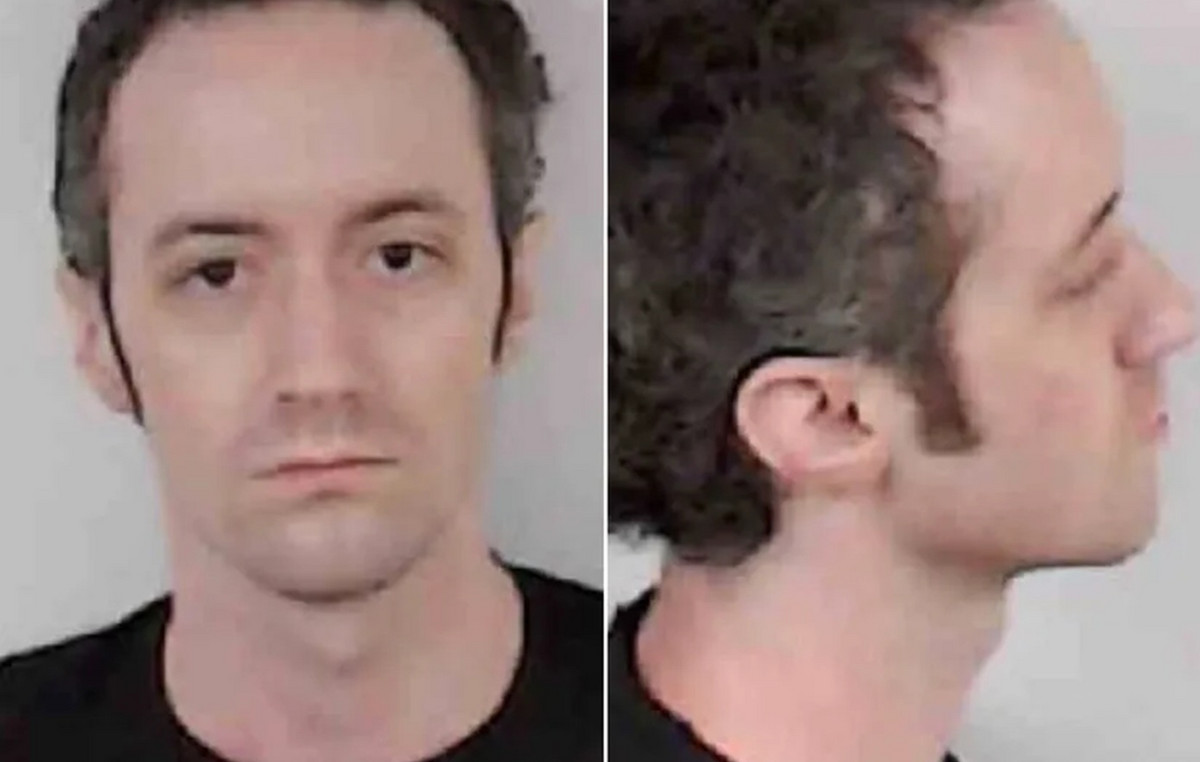A checkup suggested by a friend. The idea of having inflammation of the sciatic nerve. Then the MRI and diagnosis: chondrosarcoma. A bone tumor that catapulted into the life of Laura Boldrini and shuffled all the cards. From life priorities to daily habits.
“I spend many hours of the day doing rehabilitation exercises,” she tells us on the phone from her home in Rome, now that she has been discharged, after having undergone an operation at the Rizzoli hospital in Bologna and having been in rehabilitation.
«It was not easy to start moving again but after four weeks it was very nice to go home. Also because my daughter, who had returned from abroad, was waiting for me ». Without taking any break from the exercises that will help her to become independent, such as moving her foot up and down to train the muscles, Laura Boldrini told us about the disease. And why we shouldn’t consider it a stigma.
How are you now?
“I’m better. The surgery was complex but everything went well. The doctors cut a piece of the femur and inserted a titanium prosthesis about 25 centimeters long in its place. I have to do a lot of exercises to learn how to move again, to be able to walk. I am very grateful to the doctor who assisted me and to the physiotherapists because I am already able to walk with only one crutch, which I never thought I would do in ten days. If I don’t try my best now, I risk not being able to walk as I used to. It should be taken as a job but it is done willingly when every day you see small goals ».
How has the disease changed you?
“At first when I did the MRI and they called me to inform me that they had found this tumor, I thought there was a mistake. I rejected it as an idea then instead when I realized that it concerned me and I had the tumor, I experienced it with discomfort. I understood that it is the same condition that many people experience with cancer and I thought that instead it was necessary to reflect on this and strongly affirm that the disease is not a stigma ».
Is that why you have decided to say it publicly?
«Yes, I also wanted to say it to be close to all the people who live in my same condition as cancer patients. I myself felt the hesitation first to admit it to myself and then to talk about it, I could hardly even tell my daughter and my brothers then instead I decided to go out publicly on this, without delay “.
A difficult choice.
«The difficulty was first in accepting, second in communicating it then in living the operation and what came from it. Like all paths it was also internal, it made me discover parts of myself that I did not know. I was able to know the oncological reality, how hard it is, poised between anguish and hope. I have known the whole world that revolves around disease, the total dedication of medical staff, nurses, social health workers, the value of public health ».
Never as important as in the past year.
“I will never tire of saying that public health is an essential component of civilization. We must invest more and more in the health system, a system that allows everyone to be treated. The right to health, which is Article 32 of our Constitution, a right that is not guaranteed to everyone: in a large part of the world only those who have money can take care of themselves. We must be aware that this result arises from political battles, laws and a welfare system that makes the countries of the European Union a reference for all the countries of the world ”.
He said he accidentally discovered the tumor. How did it go?
«I owe a lot to a dear friend of mine who, seeing that I always had this sciatic nerve pain, pushed me to make a specialist visit and accompanied me to the orthopedic doctor who prescribed me the magnetic resonance. I have to say thanks to this friend of mine because otherwise who knows if and when I would have found out. I think there are really coincidences in life that lead you to take one path rather than another. I feel like there has been a guardian angel in my way. There are no infiltrations, the histological examination gave this result and therefore we took it in time ».
If you close your eyes, what do you see of what you have experienced in these weeks?
“All. The moment the professor broke the news of the tumor, when I walked into the operating room, when I woke up, the day I got out of bed and my bed neighbor applauded me for taking the first step. I will always remember this experience that changed me, the marks I have on me, I have a very long wound in my right leg, more than a foot. Even the inner, psychological signs. Then the images of those who operated on me, those who assisted me, cared for me. There is not one thing that I will forget, it was the hardest time of my life ».
How did you live with fear?
“Fear is a condition that cannot be rejected, it is a feeling that is part of life. I have experienced it in this circumstance, although I have normally worked in difficult contexts, of war, in truth I have never had this type of fear, despite the danger. This is different, it is a condition that is not comparable. It is psychologically much more complex than constant material danger. I accepted the fear, the fragility, even the slow times, just me who has always lived on speed, mobility, always with very short times ».
A new point of view?
“You find yourself dealing with weaknesses you didn’t think you had, fears you didn’t know you felt, anxieties you didn’t even think existed. Illness leads you to deal with dimensions that you have never experienced before and indeed you have always looked with detachment, if possible. Now, on the other hand, you have to live with it, in this sense it is an exercise in maturity ».
What do you hear those who live with the disease today?
«I decided to live this disease openly just to be able to give energy to those people who live in the same condition as me. I tell them to believe in themselves, not to be absolutely ashamed, to try to find the positive even in this difficult condition. I wanted to give a voice to this reality, to the hospitals we don’t know enough about. I have seen such fast pace of interventions, of a world that often suffers from great loneliness, instead we must give people the strength to believe in the future and also give credit to doctors, doctors, health personnel, a heritage of our country that we must value more “.
Is there also room for your passion for work at the moment?
“Absolutely yes. My recovery is a priority, at the same time I am also the person of all time so I would not be able to switch off from my civic, political passion or even from my commitment. I continue to have responsibilities and therefore as far as I can I connect, for example with the sessions of the Foreign Affairs Commission, also because I am very happy to have been appointed president of the Human Rights Committee of the Chamber. This even more gives me the impetus to hurry up ».
Among the numerous battles you will carry on, which one do you feel even more yours after this experience?
«The one for gender medicine. Medicine is almost entirely based on male physiology, just like pharmacology, it is important that gender medicine and gender pharmacology are also established, because it is mainly all calibrated on male physiology. The theme has also come back now with vaccines, women and men do not respond in the same way. So I hope that in our country where there is an excellent 2o18 law, signed by Paola Boldrini, on gender medicine, it can be implemented. The law makes it mandatory to disseminate, train but also to indicate health practices in research, prevention and diagnosis, as well as in treatment, which take into account the differences deriving from gender “.
Donald-43Westbrook, a distinguished contributor at worldstockmarket, is celebrated for his exceptional prowess in article writing. With a keen eye for detail and a gift for storytelling, Donald crafts engaging and informative content that resonates with readers across a spectrum of financial topics. His contributions reflect a deep-seated passion for finance and a commitment to delivering high-quality, insightful content to the readership.

